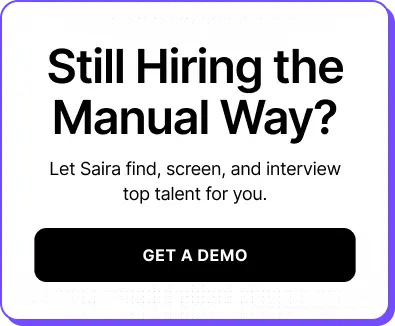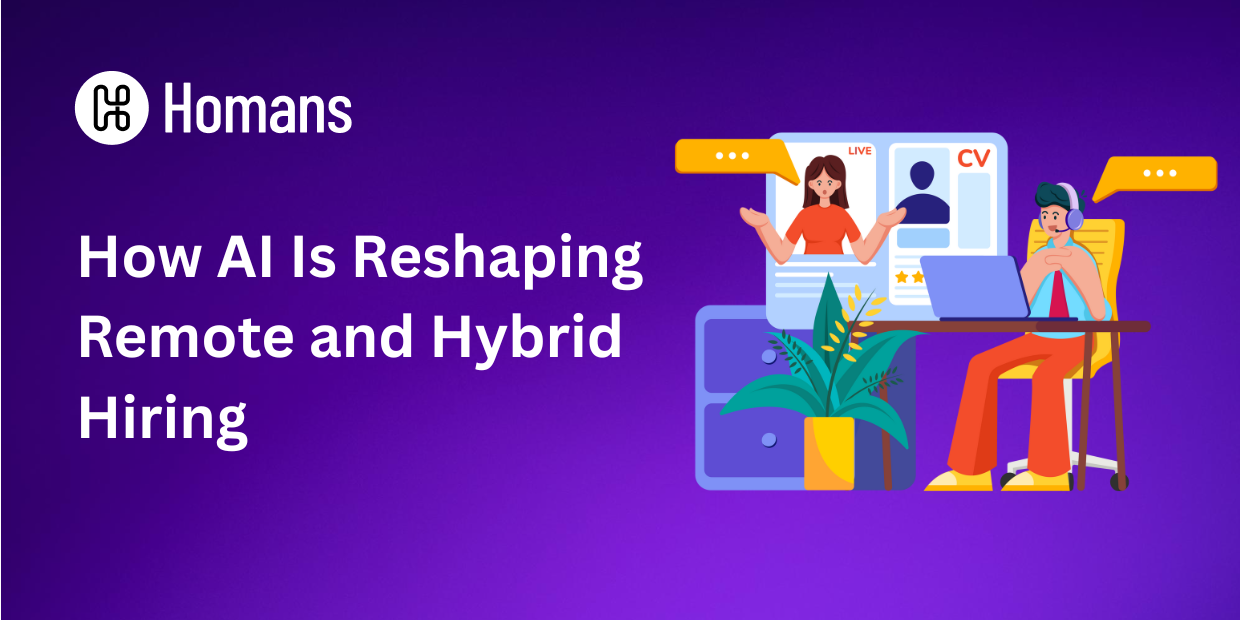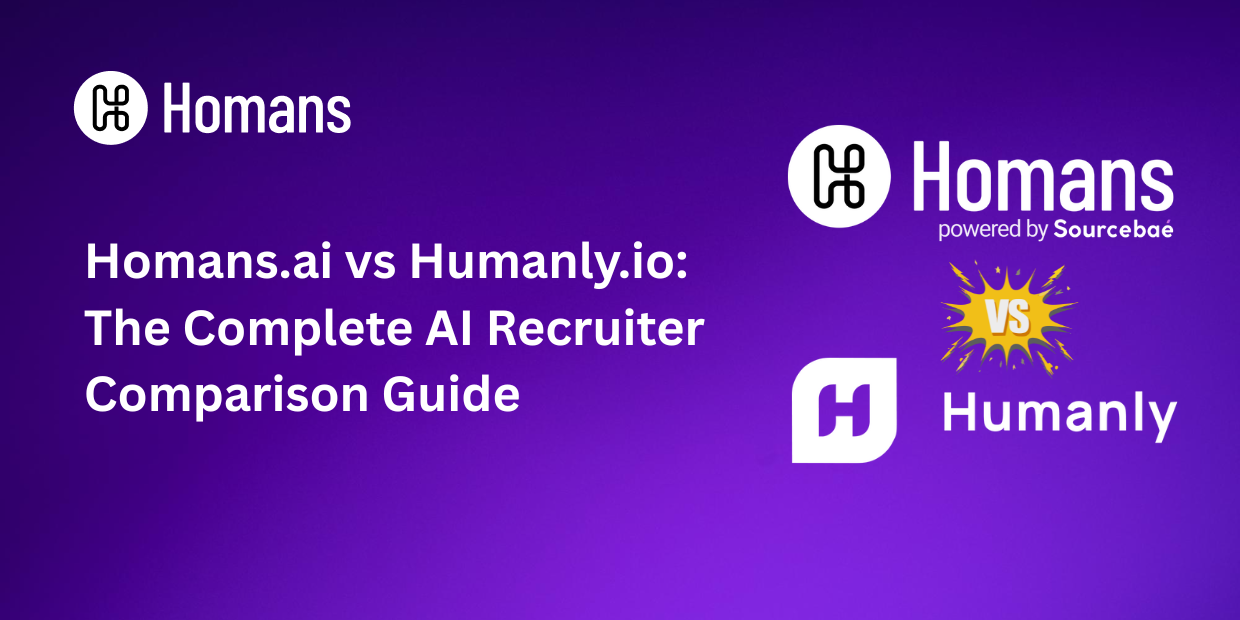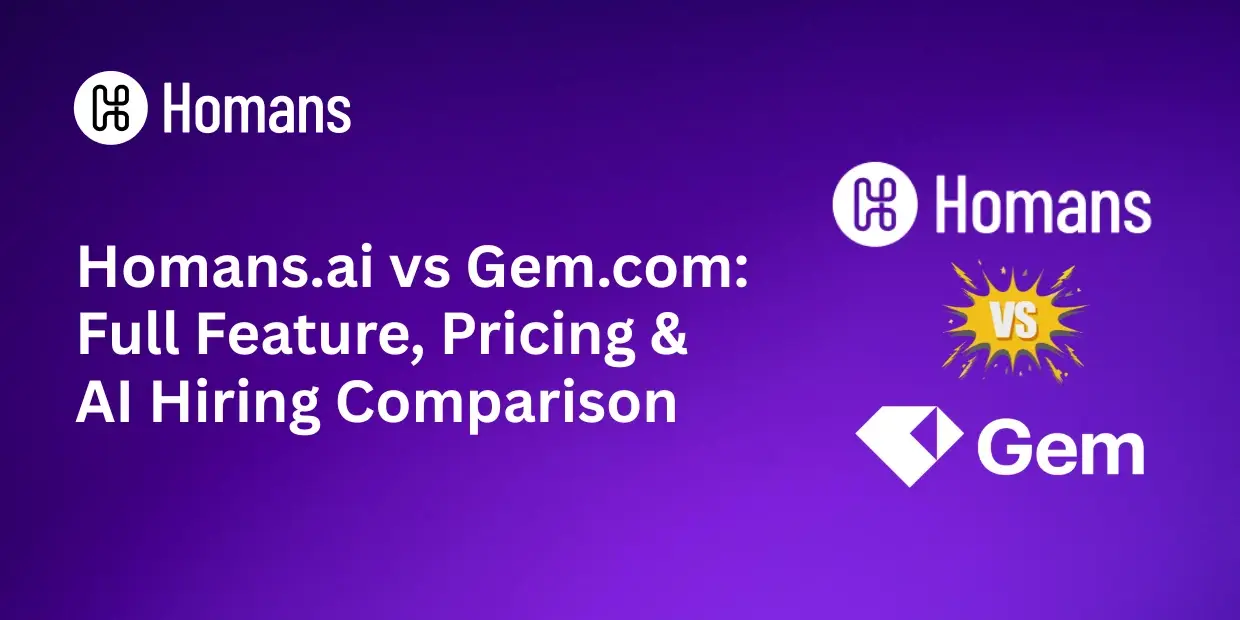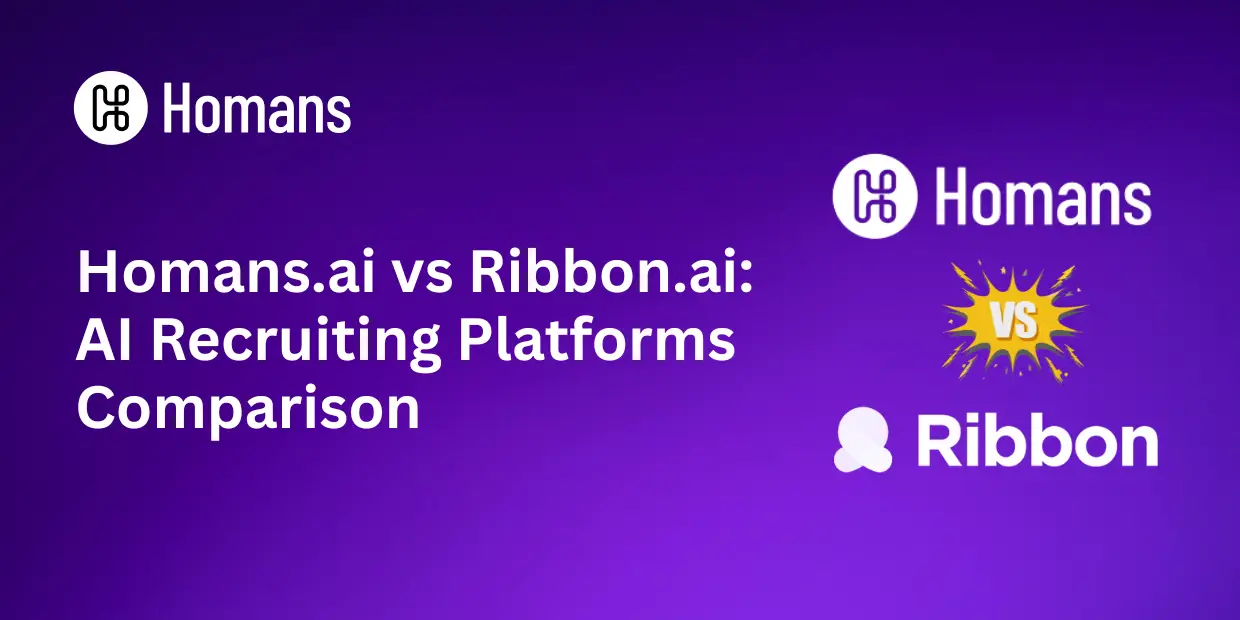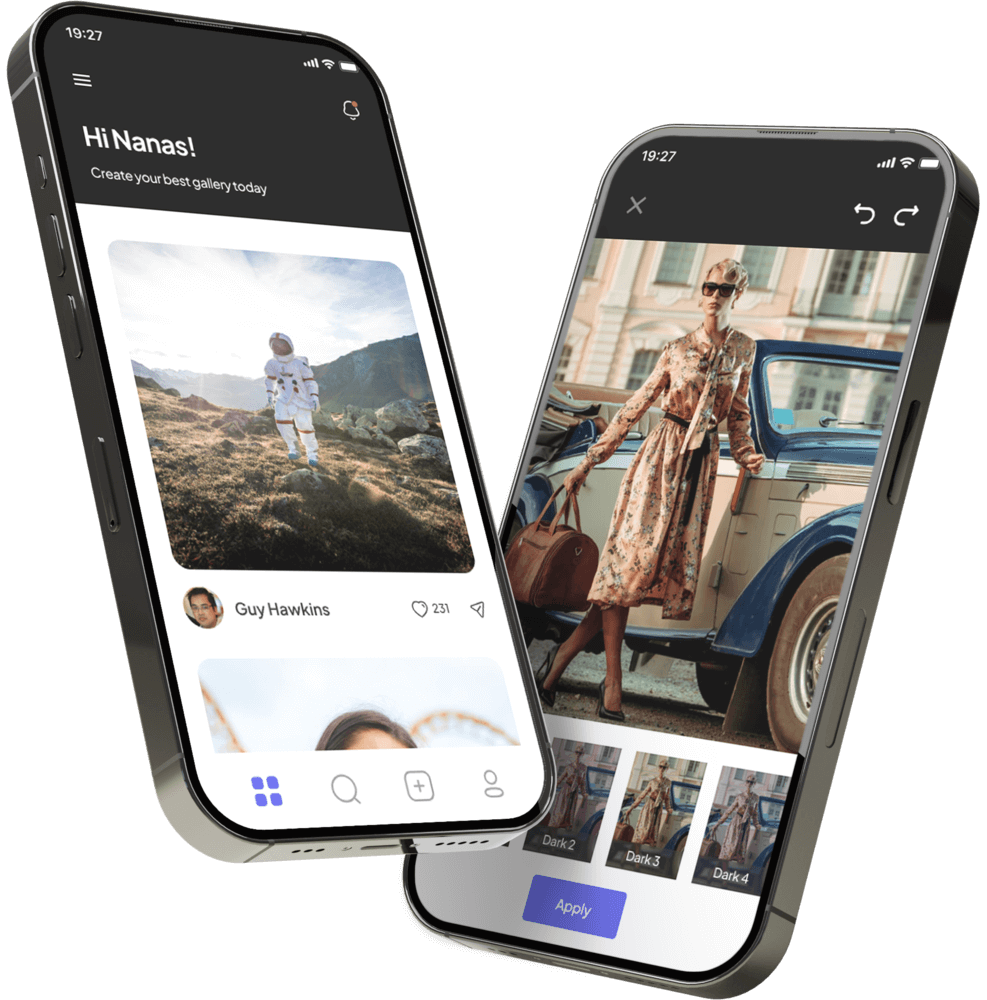The Revolutionary Impact of AI on Modern Recruitment
The landscape of remote and hybrid hiring is undergoing a fundamental transformation as artificial intelligence becomes increasingly integral to talent acquisition strategies. With 80% of recruiters reporting that AI technology enhances their hiring capabilities, organizations are discovering that intelligent automation isn’t just improving efficiency—it’s revolutionizing how they identify, assess, and engage top talent in an increasingly distributed workforce.
The shift toward remote and hybrid work models has accelerated dramatically, with 70% of the global workforce expected to work remotely at least five days per month by the end of 2025. This transformation has created both opportunities and challenges for recruiters, who must now navigate time zones, cultural differences, and the complexities of assessing candidates they may never meet in person. AI-powered tools are emerging as the solution to these challenges, offering unprecedented capabilities to streamline processes, reduce bias, and enhance the candidate experience.
AI-Powered Screening and Assessment Tools
Automated Resume Screening Revolution
The traditional approach of manually reviewing resumes is becoming obsolete as AI-powered screening tools transform the initial stages of recruitment. Recruiters spend an average of 6-8 seconds scanning each resume, yet dedicate 78% of their hiring time to administrative tasks. AI addresses this inefficiency by automatically filtering, sorting, and ranking candidates based on predefined criteria.
Modern AI resume screening tools utilize machine learning and natural language processing to analyze resumes with remarkable precision. These systems can process hundreds of applications simultaneously, identifying relevant skills, experience levels, and qualifications that align with job requirements. The technology goes beyond simple keyword matching, employing semantic analysis to understand context and meaning, ensuring that qualified candidates aren’t overlooked due to variations in terminology or formatting.
AI-based recruitment tools can reduce time-to-hire by up to 50%, enhance candidate quality by up to 35%, and cut recruiting costs by 20-30%. Companies like Nestlé have reported saving 8,000 hours per month using AI recruitment tools, while General Motors has cut $2 million in hiring costs.
Video Interview Intelligence
AI-powered video interviewing platforms are revolutionizing remote candidate assessment. These tools conduct structured interviews, analyze verbal and non-verbal cues, and provide comprehensive candidate evaluations. Video content significantly impacts recruitment effectiveness, with 80% of candidates better understanding job opportunities through video content.
Leading platforms like HireVue and Interviewer.AI offer features such as:
- Automated scoring and assessment reports
- Real-world simulations and technical assessments
- Language proficiency testing in multiple languages
- AI-powered sentiment analysis and communication evaluation
The technology enables asynchronous interviews, allowing candidates to respond at their convenience while providing recruiters with detailed analytics and insights. This approach is particularly valuable for global hiring, where coordinating live interviews across time zones can be challenging.
Intelligent Candidate Matching
AI algorithms excel at matching candidates to roles based on comprehensive skill analysis rather than just resume keywords. Candidates chosen by AI are 14% more likely to pass interviews than those selected by humans, demonstrating the technology’s superior ability to identify job-relevant qualifications.
These systems analyze multiple data points including:
- Technical skills and certifications
- Soft skills and behavioral traits
- Cultural fit indicators
- Career trajectory and growth potential
- Geographic preferences and remote work capabilities
Enhancing the Remote Candidate Experience
AI-Powered Chatbots and Virtual Assistants
AI chatbots are transforming candidate engagement by providing instant, personalized support throughout the recruitment process. 67% of job seekers prefer using AI tools for initial support, such as job matching and answering FAQs. These intelligent assistants can handle multiple conversations simultaneously, providing 24/7 support across different time zones.
Modern recruitment chatbots offer:
- Personalized job recommendations based on candidate profiles
- Real-time application status updates
- Automated interview scheduling and coordination
- Instant responses to frequently asked questions
- Multi-language support for global recruitment
AI chatbots can reduce screening time by 50% while improving candidate engagement by 300%. They ensure consistent communication and eliminate the frustration of delayed responses that often plague traditional recruitment processes.
Personalized Candidate Journeys
AI enables the creation of highly personalized recruitment experiences tailored to individual candidate preferences and backgrounds. Personalization is a crucial aspect of modern-day recruitment, with AI chatbots paving the way for more tailored candidate experiences.
The technology analyzes candidate behavior, preferences, and interaction patterns to:
- Customize job recommendations and career path suggestions
- Adapt communication styles and messaging tone
- Optimize interview scheduling based on candidate availability
- Provide relevant company information and culture insights
Addressing Bias and Promoting Inclusive Hiring
Reducing Unconscious Bias
One of the most significant advantages of AI in recruitment is its potential to reduce unconscious bias in hiring decisions. Traditional hiring processes often perpetuate biases related to gender, race, age, and educational background. AI systems, when properly designed and trained, can focus solely on job-relevant qualifications and skills.
AI helps eliminate unconscious bias by:
- Analyzing candidates based on objective criteria rather than subjective impressions
- Removing identifying information such as names, photos, and demographic details
- Standardizing evaluation processes across all candidates
- Providing consistent scoring and ranking methodologies
However, it’s crucial to note that AI systems can also perpetuate bias if trained on biased data. 61% of AI recruitment tools trained on biased data replicated discriminatory hiring patterns. Organizations must carefully monitor and audit their AI systems to ensure fair and equitable outcomes.
Challenges and Solutions
Despite its benefits, AI in recruitment faces several challenges that organizations must address:
Algorithmic Bias: AI systems can inherit biases from training data, potentially discriminating against certain groups. Solutions include using diverse training datasets, regular algorithm audits, and implementing bias detection mechanisms.
Lack of Transparency: Complex AI algorithms can be difficult to understand, making it challenging to explain hiring decisions. Organizations should prioritize explainable AI models and maintain clear documentation of decision-making processes.
Data Privacy Concerns: AI systems handle vast amounts of personal data, raising privacy and security concerns. Companies must implement robust data protection measures and comply with relevant regulations like GDPR.
The Future of AI in Remote and Hybrid Hiring
Emerging Trends and Technologies
The future of AI in recruitment is promising, with several emerging trends shaping the landscape:
Predictive Analytics: AI will increasingly predict candidate success, retention rates, and cultural fit based on historical data and performance indicators.
Natural Language Processing Advancement: More sophisticated NLP capabilities will enable better understanding of candidate motivations, career aspirations, and soft skills.
Integration with Remote Work Technologies: AI will seamlessly integrate with collaboration tools, project management platforms, and virtual reality environments to provide comprehensive candidate assessments.
Real-Time Skill Assessment: AI will enable dynamic skill evaluation through interactive coding challenges, problem-solving scenarios, and real-time collaboration exercises.
ROI and Business Impact
The financial benefits of AI in recruitment are substantial. Companies implementing AI recruitment tools report cost savings of 30-40% per hire. The technology delivers ROI through:
- Reduced time-to-hire (40-60% improvement)
- Lower administrative costs (45% reduction in manual work)
- Improved hire quality and retention rates
- Enhanced recruiter productivity and efficiency
77.9% of organizations report cost savings when using AI in hiring decisions, with 32.7% experiencing significant cost reductions.
Best Practices for Implementation
Strategic Implementation Approach
Organizations looking to leverage AI in their remote and hybrid hiring processes should consider these best practices:
Start with Clear Objectives: Define specific goals such as reducing time-to-hire, improving candidate quality, or enhancing diversity and inclusion efforts.
Invest in Quality Training Data: Ensure AI systems are trained on diverse, high-quality datasets that reflect the organization’s values and hiring objectives.
Maintain Human Oversight: Use AI as a tool to enhance human decision-making rather than replace it entirely. Human judgment remains essential for assessing cultural fit and making final hiring decisions.
Prioritize Transparency: Communicate clearly with candidates about how AI is used in the recruitment process and ensure decision-making processes are explainable.
Regular Monitoring and Auditing: Continuously monitor AI systems for bias, accuracy, and effectiveness, making adjustments as needed.
Technology Integration
Successful AI implementation requires careful integration with existing HR systems and processes:
- ATS Integration: Ensure AI tools seamlessly integrate with applicant tracking systems
- Data Security: Implement robust security measures to protect candidate information
- Scalability: Choose solutions that can grow with the organization’s needs
- User Training: Provide comprehensive training for recruiters and hiring managers
Conclusion
AI is fundamentally reshaping remote and hybrid hiring, offering unprecedented opportunities to improve efficiency, reduce bias, and enhance candidate experiences. As 89.1% of organizations report that AI significantly speeds up their hiring process, the technology is proving its value across various aspects of talent acquisition.
The key to success lies in thoughtful implementation that balances automation with human judgment, prioritizes fairness and transparency, and maintains focus on the candidate experience. Organizations that embrace AI strategically will gain significant competitive advantages in attracting and hiring top talent in the evolving world of remote and hybrid work.
As we move forward, the integration of AI in recruitment will continue to evolve, driven by advances in machine learning, natural language processing, and data analytics. Companies that invest in these technologies today will be well-positioned to thrive in the future of work, where talent acquisition becomes increasingly sophisticated, efficient, and inclusive.
The transformation is already underway, with 37% of organizations now “actively integrating” or “experimenting” with generative AI tools in hiring. The question is no longer whether AI will reshape recruitment, but how quickly and effectively organizations can adapt to harness its full potential.

